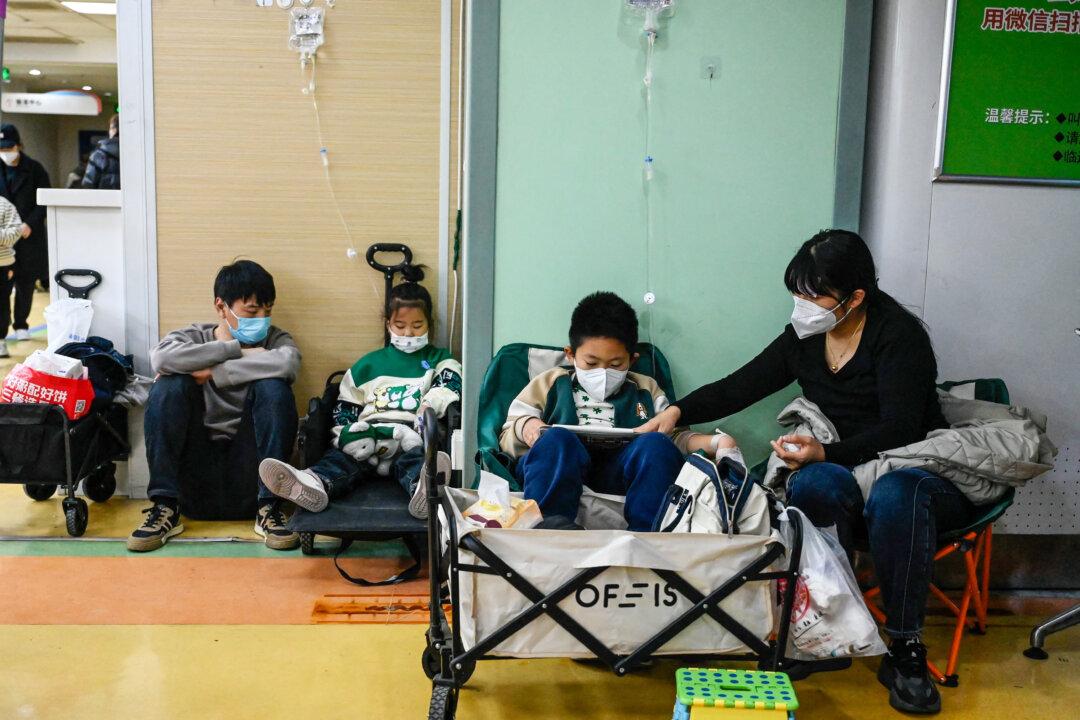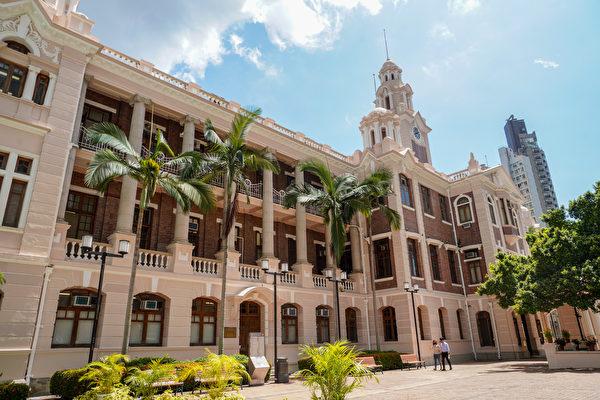In Beijing and cities across China, hospitals are overflowing with children suffering from pneumonia and similar respiratory infections. The Chinese Communist Party’s (CCP) lack of transparency with the international community is an ongoing concern and many countries are considering preventative measures for fear of a repeat of the COVID-19 pandemic.
Outside of China, it has been referred to as a “mysterious respiratory illness.” Similar illnesses have been reported in several countries in Europe, the United States, and Asia.






